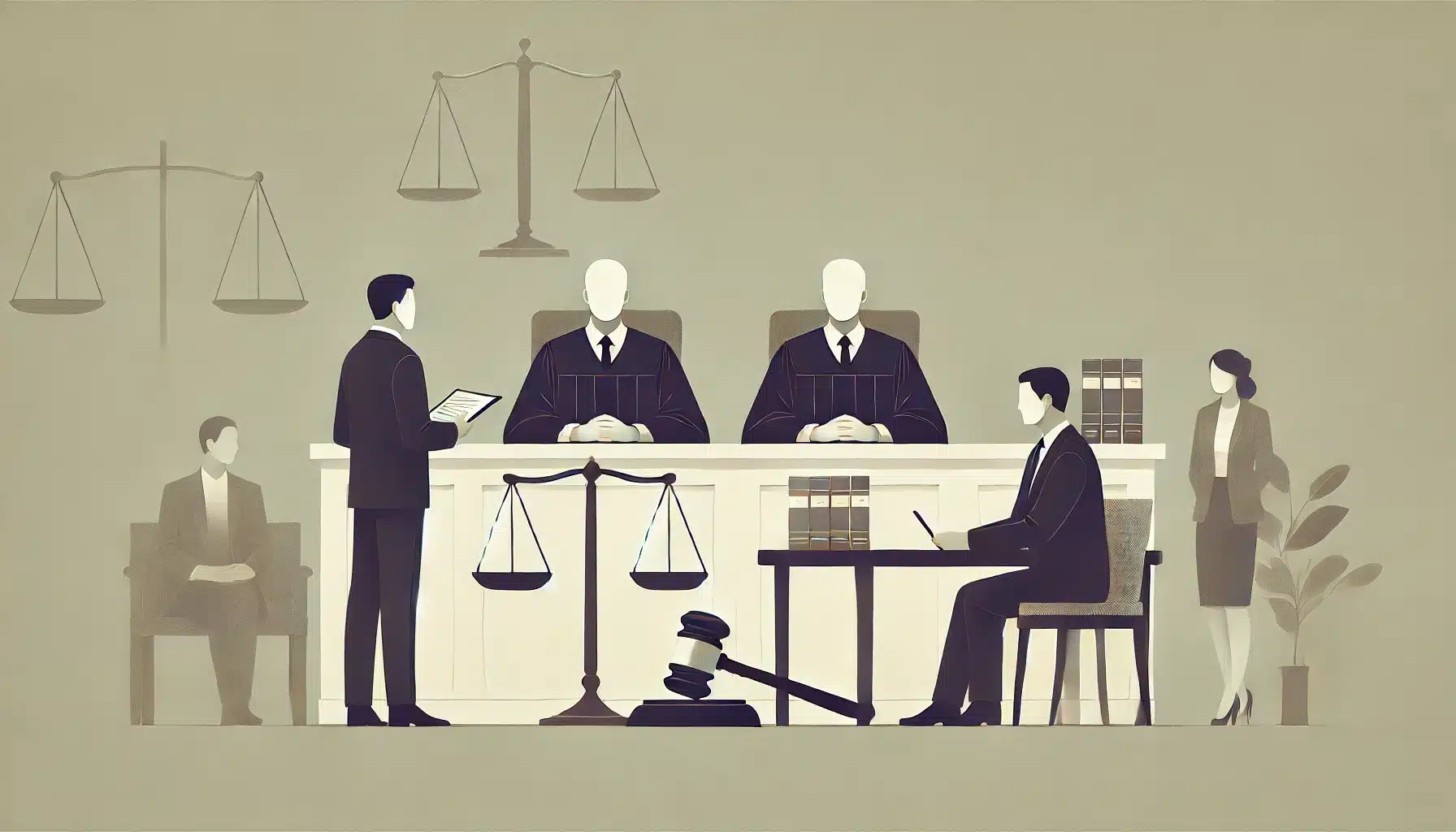The Supreme Court emphasized that bail cannot be rejected solely on the ground that a trial will be expedited, reiterating the principles established by a Constitution Bench judgment. This ruling came in response to a dacoity accused challenging the Calcutta High Court’s decision to deny him bail wh

On September 2, the Supreme Court reinforced a critical legal principle that bail cannot be denied simply because a trial is being expedited. This ruling was delivered by a bench comprising Justice Abhay Oka and Justice Augustine George Masih, who were hearing a Special Leave Petition (SLP) filed by an accused in a dacoity case. The accused had challenged the Calcutta High Court’s decision to reject his bail plea while simultaneously ordering an expedited trial.
SC Reaffirms Constitution Bench’s Stand:
- The Supreme Court pointed out that despite a ruling by the Constitution Bench in the case of High Court Bar Association v. State of UP, which held that courts should not generally fix a time-bound schedule for the completion of trials, some High Courts continue to do so after denying bail.
- The Court quoted from the Constitution Bench judgment: “As a matter of rule, High Courts or this Court should not fix time-bound schedules for conducting a case, except in exceptional cases.”
- The Supreme Court observed that several High Courts, while rejecting bail, have been setting time-bound schedules for the trial, which goes against the principles set by the Constitution Bench.
Notice Issued for Further Hearing:
- The Supreme Court issued a notice in the present case, returnable on October 4, to further examine whether the Calcutta High Court‘s decision aligns with the Constitution Bench’s guidelines.
- In July 2024, the same bench of the Supreme Court had set aside a Patna High Court order that directed a trial court to complete a criminal case within a year, highlighting that the High Court did not consider the large number of pending cases in the trial courts.
Details of the Present Case:
- The petitioner, accused in a dacoity case, has been in custody for over two years. He approached the High Court for bail, citing delays in the trial process.
- The charge sheet listed 72 witnesses, but only three had been examined by June 18, 2024, the last scheduled date for witness examination.
- The petitioner argued that his fundamental rights to personal liberty and a speedy trial were being violated due to his prolonged incarceration and the slow progress of the trial.
High Court’s Rationale for Bail Rejection:
- The Calcutta High Court rejected the petitioner’s bail plea, citing the seriousness of the charges and the prima facie evidence against him.
- The High Court noted that the petitioner had been identified in a Test Identification (TI) Parade and that the material recovered from him incriminated him in the offense.
High Court’s Direction on Expedited Trial:
- Despite rejecting the bail plea, the High Court directed the trial court to conclude the trial within one year from the next scheduled date for recording evidence, without unnecessary adjournments.
- The High Court added that if the trial was not completed within the stipulated timeframe, the petitioner could renew his bail plea.
Rup Bahadur Magar @ Sanki@ Rabin v. State of West Bengal, SLP(Crl) No. 11589/2024





